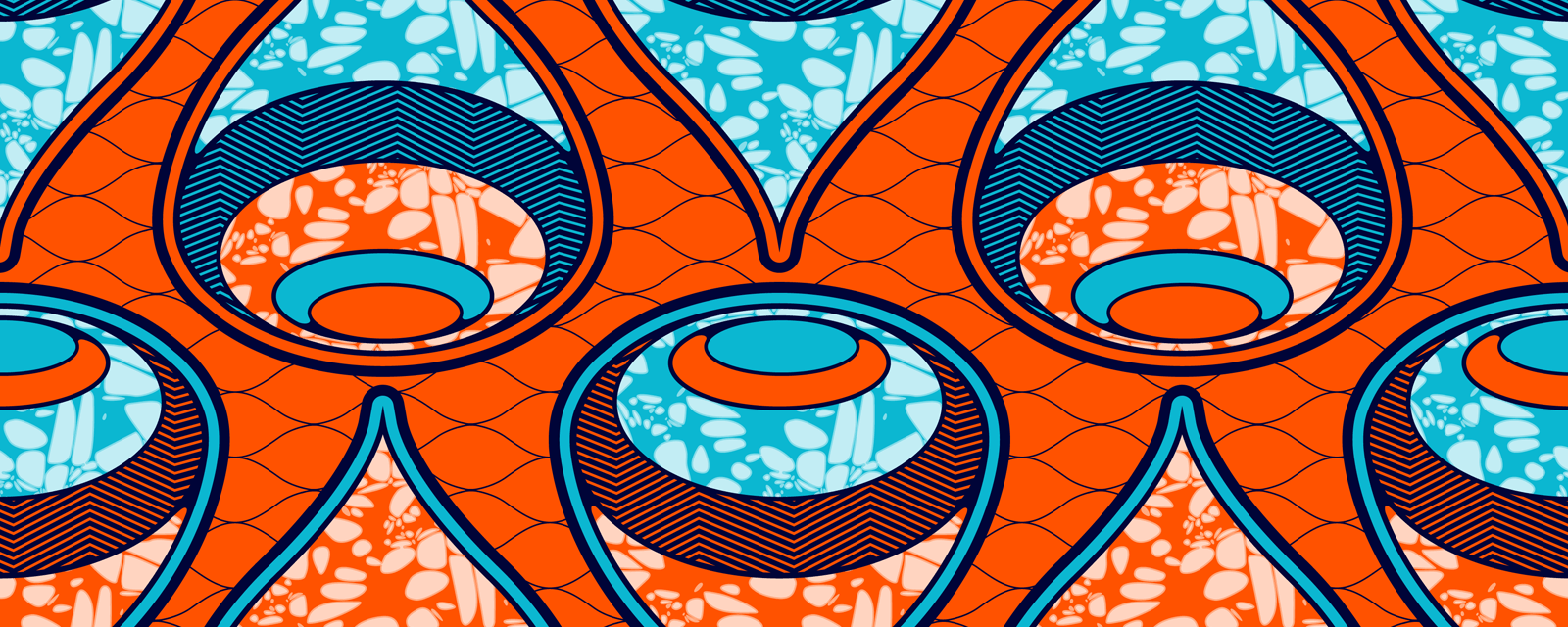A Yorùbá poem from Nigeria, and among the noblest of all Ìjálá (hunters’ chants). Many different versions of this chant have been published, but all reveal the same admiration and wonder at this animal’s qualities.
The elephant is praised for its size and strength, each attribute being vividly described, and for the high value to the hunter of its tusks, hide and meat (‘opulent creature’, Line 1). But it is the less obvious images which make this description come alive — Elephant ‘who strolls as if reluctantly’ (Line 13), ‘Whom one sees and points at with all one’s fingers’ (Line 14), ‘Who looks backwards with difficulty like a man with a stiff neck’ (Line 17). We can see the animal before us at every stage of this poem.
Elephant, opulent creature, elephant, huge as a hill even when kneeling:
Elephant, robed in honour, a demon, flapping fans of war: (1)
Demon who splinters the tree branches, invading the forest farm:
Elephant, who disregards ‘I have fled to my father for refuge’,
Let alone ‘To my mother’: (2)
Mountainous Animal, Huge Beast, who tears a man like a garment and hangs him up on a tree:
At the sight of him people stampede to a hill of safety:
My chant is a salute to the elephant.
Ajanaku, who treads heavily: (3)
Demon who swallows bunches of palm-fruits whole, including the spikes:
Elephant, praise-named Laaye, massive blackish-grey creature: (4)
Elephant, who single-handed makes the dense forest tremble:
Elephant, who stands sturdy and upright, who strolls as if reluctantly:
Elephant, whom one sees and points at with all one’s fingers.
The hunter’s boast at home is not repeated when he really meets the elephant,
The hunter’s boast at home is not repeated before the elephant:
Ajanaku, who looks backwards with difficulty like a man with a stiff neck:
Elephant, who has a head pad but carries no load, Elephant, whose burden is the huge head he balances:
Elephant, praise-named Laaye, ‘O death, please stop following me’,
This is part and parcel of the elephant’s appellation.
Learn of the elephant, the waterman elephant,
Elephant, honour’s equal, elephant who constantly swings his trunk like a fly-whisk,
Elephant, whose eyes are like water-jars,
Elephant, the greatest of wanderers, whose molar teeth are as big as palm-oil pits in Ijesaland, (5)
Elephant, lord of the forest, praise-named Oriiribobo, (6)
Elephant, whose tusks are like shafts,
One of whose tusks is a porter’s whole load, elephant, praise-named
Otiko, with the mighty neck, (7)
Elephant, whom the hunter sometimes sees face to face, elephant, whom the hunter at other times sees from the rear,
Elephant, who carries mortars, yet walks with a swaggering gait,
Primeval leper, animal treading ponderously.
from Oral Poetry from Africa 1984
compiled by Jack Mapanje and Landeg White,
Longman
Footnotes
- Fans of war: the elephant’s ears, which are extended when it charges.
- The implication is that there is no refuge from the elephant.
- Ajanaku: a praise-name for the elephant meaning ‘Killer of Ajana’. Ajana was a hunter who, according to legend, tried to capture alive one example of every kind of animal, but was trampled to death by the elephant.
- Laaye: a praise-name. According to legend, the elephant’s size was the result of medicine given by the god Aaye.
- Ijesaland: the Ijesa method of producing oil from palm nuts involves the use of rectangular pits, three to four feet across.
- Oriiribobo is a praise-name whose meaning is not known
- Otiko is another praise-name whose meaning is not known

